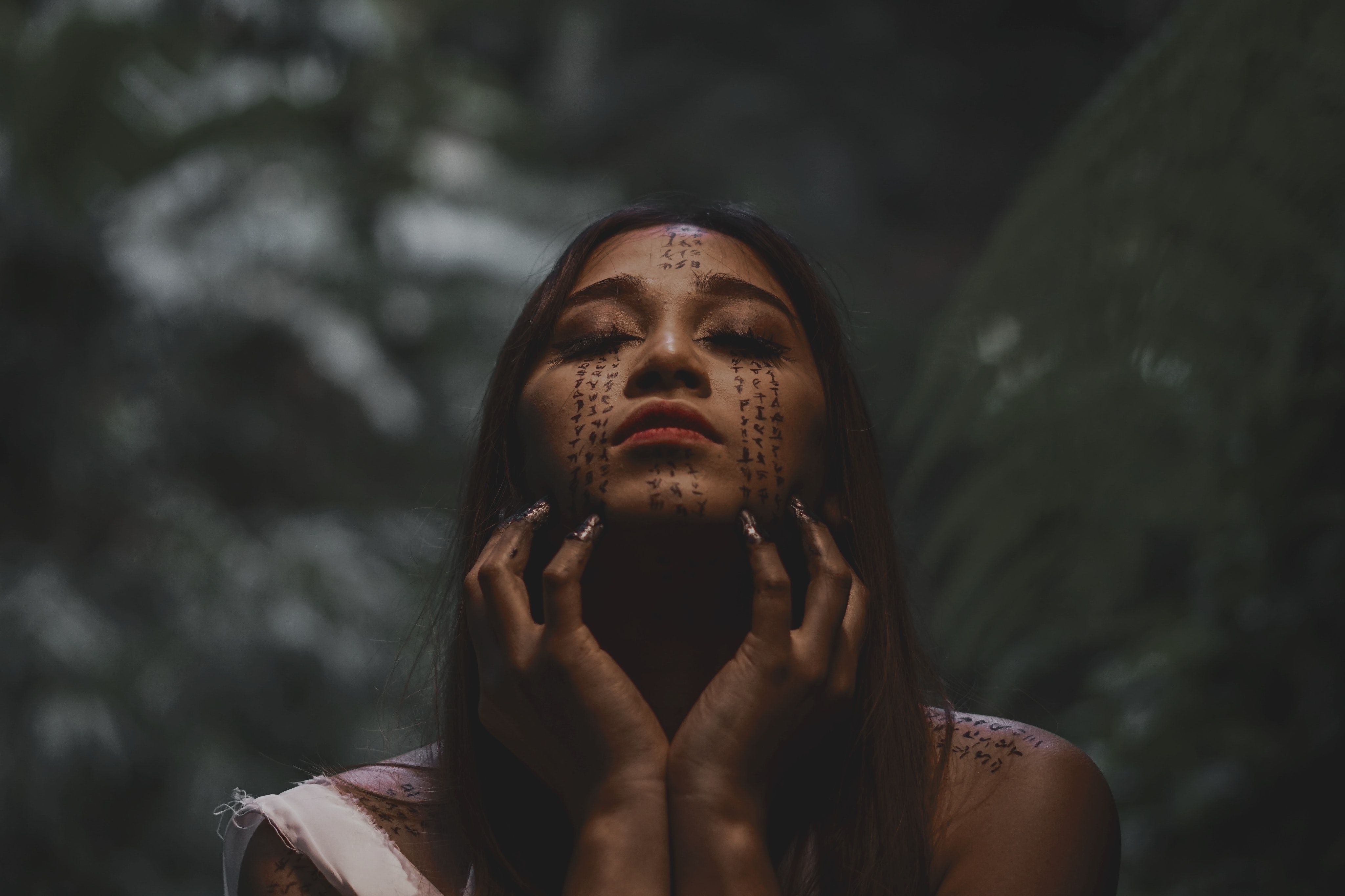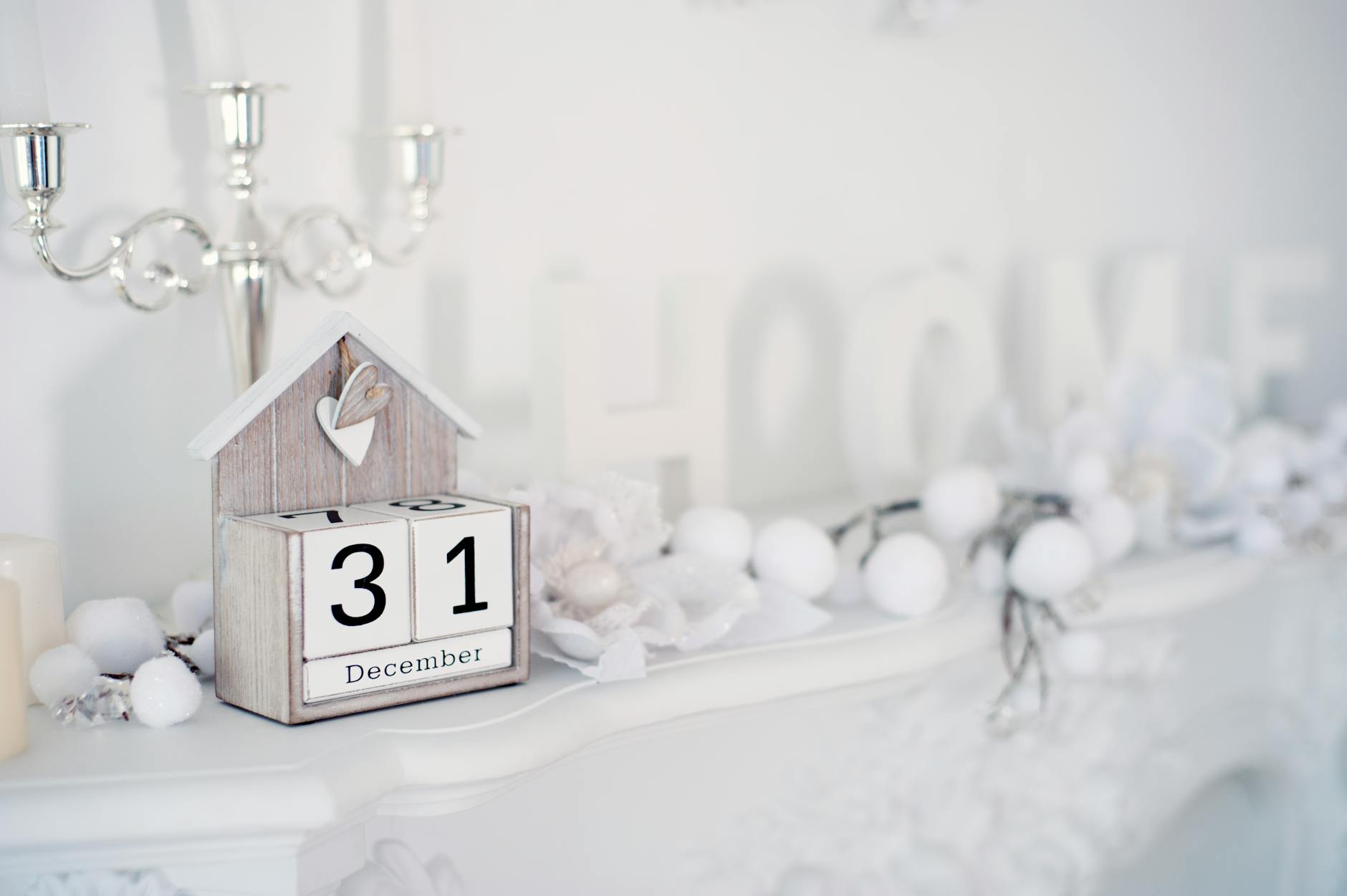We live in the 21st century, currently 2021. We live in a time of technology and science, quickly explaining away all that is spiritual and magical. Yet there’s a resurgence of an ancient pastime: witchcraft. From tarot readings, sage cleansing, Wicca, gemstones, horoscopes, and actual potion-making, witchcraft is bigger than ever. This is evident in media as well, with a multitude of films centered around the empowering femininity that is the magical arts.
While the subgenre itself isn’t new (dating back to the 20s with films like Häxan), witches in film are taking over. What’s more are the types of genre films they’re involved in: moody, woman-centric (obviously), and earthy. It fits in perfectly with our idea of witches today, actually. No matter the time period, a witch is grounded solidly with the Earth, be that literally or figuratively. No more is the idea of a witch a green-skinned hag — they’re goddesses with immense power to control their surroundings. For example, Suspiria and All Cheerleaders Die show witches to be beautiful, graceful beings that also harbor a terrifying dominance stemming from their willpower and body movements alone.
I’d like to think the idea of the modern witch comes from 1996’s The Craft. Here, a group of high school girls embodies traits that both witches and teens go through in their lives: bullying or being misunderstood, misogyny or racism (basically, any type of discrimination), desire for a purpose or power, etc. The group also goes through trials and tribulations that test their character or prowess. While this “early” film doesn’t quite hit the witch aesthetic atmosphere we are seeing now, it surely lays the groundwork for themes of the subgenre.

And these traits have continued since then. The Witch, Hagazussa, Gwen, and newly released sequel The Craft: Legacy all scream that cottagecore, dark academia, witch aesthetic we now associate with them. It’s funny, because the first three films (The Witch, Hagazussa, Gwen) are all period pieces but still resonate with the modern 2020 release in Legacy; more so, they mirror present-day real-life witches. And I don’t think that was done on accident. As we all know, trends come and go in cycles; something that was popular years ago makes a resurgence later, only slightly updated from before. Ancient pagan practices like smudging, scrying, and even meditation have firmly embedded themselves in today’s youth culture.
There’s a definite rise in neopaganism in America, probably for many reasons. While we’re doing pretty alight economically, there’s a pull towards a more simplistic, minimalistic life. We’re more mindful, both in body and thought, making moves towards healthier lifestyles via diet and exercise. We take time for ourselves more often, life is less about work (if you’re privileged enough for that) and more about mental health and doing what’s best for you. And what you can’t make happen physically, you can always manifest. The return to witchcraft takes on many forms, and while it isn’t always cauldrons and black cats, it most definitely involves spirituality and following what the soul wants.
Now back to these witchy films; they tend to be a bit gloomy for the most part. The protagonist endures a disrespectful amount of bullshit, sometimes in threat of life and limb. The persecution never stops, whether it’s deserved or not. And a lot of the time, the woman (because let’s face it, 99% of the time it’s a female) ends up dead or close to it. That may seem totally against the witchy woman feminist ideals that we associate with now, but it’s actually a pretty powerful statement in favor of those ideals. Take 2018’s Gwen; while not explicitly a witch movie, it leans heavily toward the supernatural, begging the viewer to see past rational explanations and let their minds wander toward darker forces — so much so that upon release, it was often suggested as a companion piece to The Witch and Hagazussa. The title character witnesses her mother’s descent into madness, violence at the hands of a corrupt business man, and possible ritualistic magic against her family and property. Yet Gwen comes out on top, she and her younger sister survive all of this. The Love Witch’s Elaine is the same, just done in a brighter, more tame manner; Elaine feels she is a broken woman because she is without a man, but her expertise in magic, sexual exploits, and willingness to get down and dirty (i.e., murder people) actually makes her a sort of hero — or at the very least, someone we want to see succeed. The Lords of Salem destroys an entire city for the sake of those killed in the witch trials. If that’s not power, I don’t know what is.
And that brings us back to modern day paganism. Witchcraft isn’t a definite out from a bad situation, but it does give you the tools to view things differently, thereby leading to an out. No matter the time period, watching movies about witchcraft is a form of self care. At best, they encourage the audience to face adversity head on, to find your true self, to practice what you believe in, to challenge norms, and to live for you. At worst, they’re sleazy horror movies that just get you through the day. It’s no wonder we’re cycling back to the ways of witches both in life and art. Like the covens we see on screen, we’re all just one big family trying to get by.

The best part is, like these recent films, there’s no one way to be a witch. There are many subgenres, so to speak, and therefore, many ways to belong (or not, if you’re so inclined). I think that movies about witchcraft “vibe” on some level with everyone, whether they think so or not. It’s easy to say “we all like zombie movies because we’re all scared of death and being chased,” but that’s not so true. My hot take: witch films are the best and most diverse horror subgenre and put a mirror up to society that no other subgenre can match.
Do the stars align with your genre preferences? Tell us your favorite witch movie in the comments!











